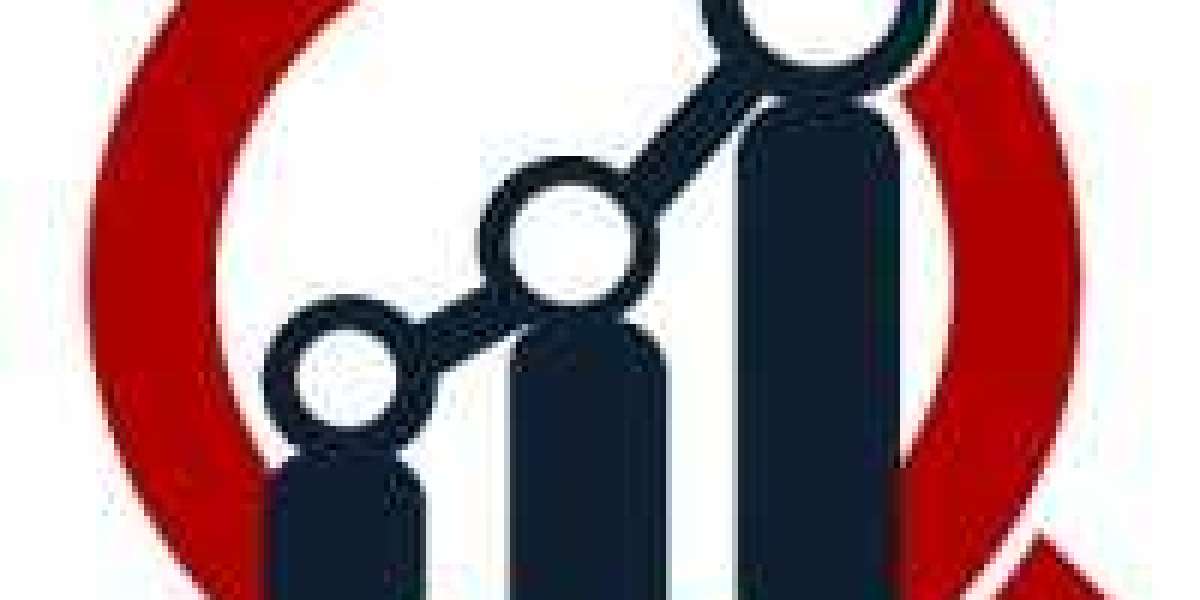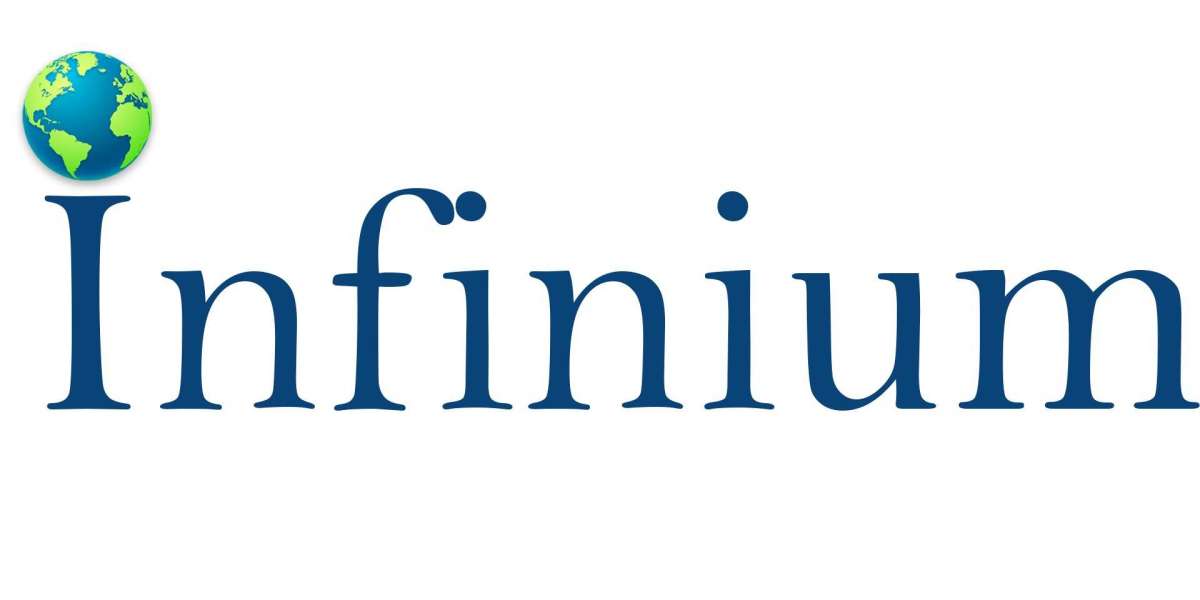Middle East and Africa aluminium metals market Overview
The Middle East and Africa aluminium metals market is a vital segment of the global economy, with its extensive use across various industries such as automotive, construction, packaging, aerospace, and electronics. Known for its lightweight, high strength, and corrosion-resistant properties, aluminium has become an indispensable material in modern manufacturing and infrastructure development. This article delves into the current trends, key drivers, challenges, and future outlook of the Middle East and Africa aluminium metals market.
aluminium metals market Size was valued at USD 150 Billion in 2022. The Aluminium Metals industry is projected to grow from USD 175 Billion in 2023 to USD 250 Billion by 2030, exhibiting a compound annual growth rate (CAGR) of 6.00% during the forecast period (2023 - 2030).
Market Trends
Growing Demand in Automotive Industry: The automotive sector is one of the largest consumers of aluminium, driven by the industry's push towards lightweight materials to improve fuel efficiency and reduce emissions. Aluminium is increasingly used in the manufacturing of vehicle bodies, engines, and other components.
Expansion in Construction: Aluminium is extensively used in the construction industry for applications such as window frames, curtain walls, roofing, and structural components. Its durability, recyclability, and aesthetic appeal make it a preferred choice for modern architectural designs.
Rise in Packaging Applications: The packaging industry is another significant market for aluminium, particularly in the form of cans, foils, and laminates. Its non-toxic nature, impermeability, and ability to preserve product quality have made it a staple in food and beverage packaging.
Technological Advancements: Advancements in aluminium production technologies, such as the development of new alloys and improvements in recycling processes, are enhancing the material's properties and broadening its application scope. Innovations in additive manufacturing and 3D printing are also opening up new possibilities for aluminium use.
Key Drivers
Sustainability and Environmental Concerns: Aluminium's recyclability is a significant driver for its demand. Recycling aluminium requires only 5% of the energy needed to produce primary aluminium, leading to reduced greenhouse gas emissions and lower environmental impact.
Economic Growth and Urbanization: Rapid urbanization and infrastructure development in emerging economies are boosting the demand for aluminium in construction and transportation sectors. Countries like China and India are witnessing substantial growth in their aluminium consumption due to large-scale infrastructural projects.
Regulatory Support: Government policies promoting the use of lightweight and energy-efficient materials in various industries are supporting the growth of the aluminium market. Initiatives to reduce carbon footprints and enhance sustainability are encouraging the adoption of aluminium over traditional materials like steel.
Challenges
Volatile Raw Material Prices: The aluminium market is sensitive to fluctuations in the prices of raw materials, such as bauxite and alumina. Price volatility can affect the profitability of aluminium producers and pose challenges in maintaining stable supply chains.
Energy-Intensive Production: Aluminium production is highly energy-intensive, contributing to significant carbon emissions. Despite improvements in energy efficiency and the adoption of renewable energy sources, the industry continues to face pressure to reduce its environmental footprint.
Trade Policies and Tariffs: Trade restrictions and tariffs imposed by various countries can impact the global aluminium supply chain. Trade disputes and protectionist measures may lead to supply disruptions and increased production costs for manufacturers.
Future Outlook
The Middle East and Africa aluminium metals market is poised for steady growth in the coming years, driven by its versatile properties and increasing applications across diverse industries. The shift towards sustainable and energy-efficient solutions will continue to propel the demand for aluminium, especially in automotive and construction sectors. Technological advancements and innovations in recycling processes are expected to enhance the market's growth prospects.
Emerging trends such as the development of aluminium-air batteries for electric vehicles and the use of aluminium in renewable energy infrastructure are likely to create new growth avenues. Additionally, the integration of digital technologies and automation in aluminium production processes will improve operational efficiency and reduce costs.
Alcoa Corporation, Rio Tinto, RUSAL, Norsk Hydro A.S.A., Dubai Aluminum Company Limited, Aluminum Bahrain B.S.C., Century Aluminum Company, Vedanta Ltd., China Aluminum Corporation, Sierra Aluminum, H.P., East Hope Group, Emirates Aluminum this is theAluminium Metals Companies
The Middle East and Africa aluminium metals market is a dynamic and evolving sector, integral to modern industrial development. Its unique properties, coupled with the global emphasis on sustainability and efficiency, position aluminium as a critical material for the future. While challenges such as raw material price volatility and energy-intensive production persist, ongoing innovations and regulatory support are expected to drive the market's growth and expansion.
About Market Research Future:
At Market Research Future (MRFR), we enable our customers to unravel the complexity of various industries through our Cooked Research Report (CRR), Half-Cooked Research Reports (HCRR), Raw Research Reports (3R), Continuous-Feed Research (CFR), and Market Research Consulting Services. MRFR team have supreme objective to provide the optimum quality market research and intelligence services to our clients. Our market research studies by Components, Application, Logistics and market players for global, regional, and country level market segments, enable our clients to see more, know more, and do more, which help to answer all their most important questions.
Contact:
Market Research Future®
99 Hudson Street,5Th Floor
New York, New York 10013
United States of America
Phone:
+1 628 258 0071(US)
+44 2035 002 764(Italy )
Email: sales@marketresearchfuture.com
Website: https://www.marketresearchfuture.com



